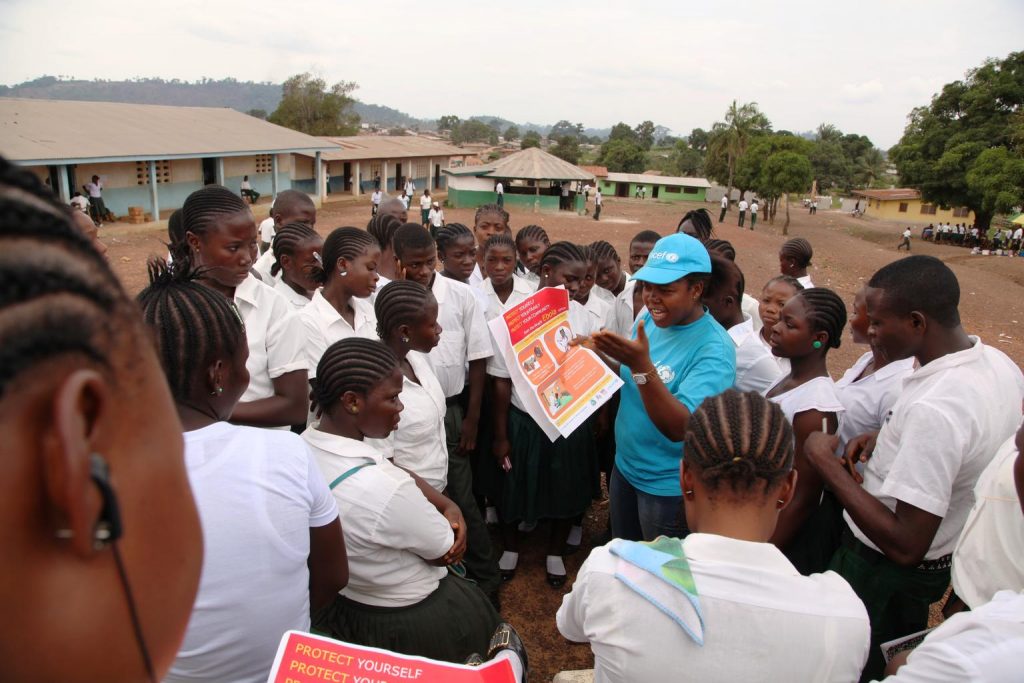Perceptions of the causes of Cerebrospinal Meningitis, its treatment and prevention, as well as reasons for the blatant refusal by some sections of the communities to vaccinate against the disease in the wake of the big epidemic of the meningitis belt (1996-1997) to which the district falls, were investigated. About 150 knowledgeable people of various age groups, Kasena Nankani were interviewed in Key informant, in depth interviews, Focus Group discussion, case interview of surviving victims of the epidemic, using interviews guides formed mainly along health education models. (Health Belief and BASNEF models).
The existence of specific local names – (Yujaweo’), (Kamakegagogolebaa) in Kasin and ‘Agweterikesia in Nankan for Cerebrospinal Meningitis depict good knowledge of the symptoms intense headache and stiff neck that characterize the disease however the perceptions that certain complication of the disease like convulsion, unconsciousness, abnormal behaviour termed Non-Hospital illness extend to meningitis as well in the communities. For these conditions herbal treatment and soothsayer consultations are the options. Epidemics are also believed to spare households affected in a particular outbreak from attack on subsequent epidemics. This poses a danger of false security of protection against CSM attacks in subsequent epidemics and therefore may explain their refusal to vaccinate against the disease. Awareness of Postvaccinal Cerebrospinal Meningitis as well as suppression of the female in a partrilineal society hamper decision making on vaccination.
Causation of the disease by supernatural forces and prevention of epidemics is at their discretion. A memory loss of the big epidemic and the claim to a herbal treatment of the unconscious child need further investigation. The study underscores the usefulness of permanent education strategies in the communities using health education models.



